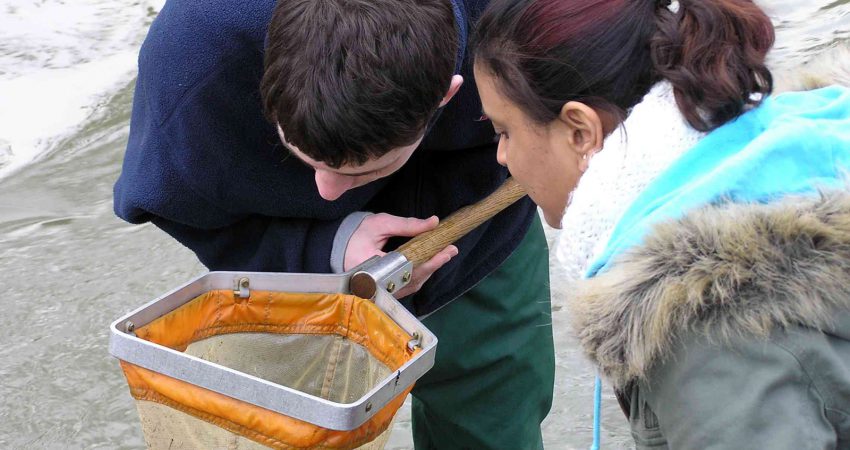
By Suzanne Perin - June 2011
PAPER CITATION
Aguiar, O. G., Mortimer, E. F., & Scott, P. (2010). Learning from and responding to students’ questions: The authoritative and dialogic tension. Journal of Research in Science Teaching, 47(2), 174–193.
This study analyzes the impact of the wonderment questions of students on the teacher and student discourse in the classroom. It also points out that handling different types of questions is a challenge for both the ISE professionals and the schoolteachers; this is particularly true because the “wonderment” types of questions are often encouraged and expected in informal learning settings.
As per the definition of the researcher, wonderment questions are those that involve comprehension, prediction, anomaly detection, application, or strategizing and planning when no procedure is given. These kinds of questions contrast with the basic information questions regarding facts or procedures (Chin & Brown, 2002). Three episodes are presented in the study to demonstrate particular patterns of interaction between the students and the teacher: through continuation (episode 1), extrapolation (episode 2), and contestation (episode 3). The study took place in three middle school (7th and 9th grade) biology classrooms.
In the first episode, continuation move by the students is demonstrated. The student asks a question, which is a pattern of interaction that is in contrast to a typical teacher initiated – student response – teacher evaluation (IRE) sequence common in many classrooms. Here, the teacher answers the student’s question and tries to bring back the class’ attention to the instructional unit, but the student offers a comment. As a result, the continuing discourse becomes more complex as several other students also contribute information to what has become a discussion. But, the discussion is not continued as the teacher maintains authority by closing it and returning to the unit.
In the second episode, a student asks a question that extrapolates and extends the lesson content. Even though the teacher did not anticipate addressing such a complex question at an early point in the unit, she encouraged discussion by asking the class to address it. But, ultimately she asked the class to postpone the discussion as such a discussion in the in the early stages of the unit before the introduction of necessary concepts would result in complex explanations that needed to be avoided.
In the third episode, a student pointed out to her small work group a conflict in scientific understanding and her own everyday perceptions. The group’s interactive dialogic approach brought up different points of view, but then the group went back to completing their task, returning to an authoritative frame to close their discussion.
In classrooms, teachers face a tension between responding to and pursuing students’’ questions and maintaining their original lesson plan. In this situation, they should be prepared to respond to the underlying intonation of a student’s question; that is, whether it is authoritative (seeking a correct answer) or dialogic (desiring to explore ideas). Teachers can develop pedagogical skill in addressing the types of questions through exposure and practice in professional training, and if they can handle the situation skilfully, they should encourage students to ask wonderment questions.
Additional resources on questioning in the classroom from this article:
Candela, A. (1999). Ciencia en la aula: Los alumnos entre la argumentacion y el consenso. Ciudad de Mexico: Paidos Educador.
Chin, C., & Brown, D. (2002). Student-generated questions: A meaningful aspect of learning in science. International Journal of Science Education, 24, 521–549.




